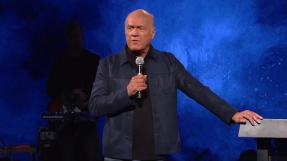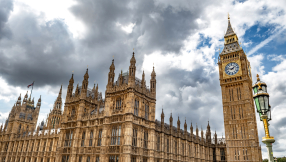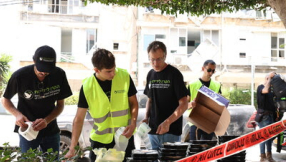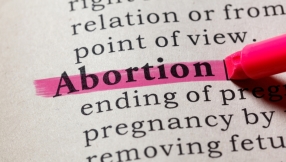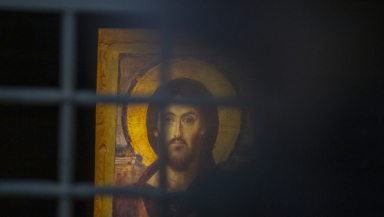
Shrewsbury is set to host a major cultural and spiritual festival this spring to commemorate 1,700 years since the First Council of Nicaea, a foundational event in Christian history.
Running under the banner ‘Nicaea 2025’, the festival brings together art, music, talks, and pilgrimage in recognition of the Nicene Creed - a declaration of faith shared across Catholic, Orthodox, Anglican and major Protestant traditions worldwide. The creed, formulated at the original council in 325AD, affirms belief in the Trinitarian God and remains central to Christian worship to this day.
The festival is being organised by Shrewsbury Orthodox Church and will serve as the national centre of celebration for Orthodox Christians in Britain. The town’s Orthodox community was chosen to host the event by the Greek Orthodox Archdiocese of Thyateira and Great Britain, as its church is believed to be the only one in Western Europe dedicated to the ‘318 Holy Fathers of Nicaea’.
Public events begin with a two-week exhibition of sacred iconography at St Julian’s Church, Wyle Cop, from 24 May to 6 June. The exhibition will feature works from leading Western contemporary icon painters and aims to highlight the deep theological significance of the Incarnation, a key issue addressed by the Council of Nicaea.
Shrewsbury Orthodox priest Father Panteleimon Maxfield said: “We are delighted to host this public festival of celebration to which all visitors are welcome.
"The Council of Nicaea was a defining moment for the Christian Church and the first major event after the legalisation of Christianity.
"Many of those present had suffered torture under Roman persecution and were disfigured in an appalling way, with eyes and limbs missing. They were ‘confessors’, living witnesses of the faith.”
He added: “The Council refuted the heresy of Arianism and established the Creed to affirm the teaching of the Apostles, that Christ was fully God and fully man. The icon exhibition is a key part of our celebrations because iconography, in itself, is a celebration of the incarnation of God which is central to the Christian faith and the Council’s deliberations.”
Other festival highlights include a concert of ancient sacred music from around the world at Shrewsbury Cathedral on 25 May, an open day at the historic 13th-century church in Sutton on 31 May, and a theological symposium on 21 June. The latter will feature Rev Professor John Behr, a prominent scholar of early Christianity and the formation of Christian doctrine.
The Council of Nicaea, convened by the Roman Emperor Constantine shortly after Christianity was legalised, brought together 318 bishops from across the Roman Empire. It was convened to address major theological disputes, most notably Arianism - a controversial teaching which claimed that Christ was created and not fully divine.
These debates, which stirred passionate divisions among Christians and even spilled into the streets in the form of public unrest, were resolved with the adoption of the Nicene Creed, affirming Christ as “fully God and fully man”.










